The Advantages of Implementing a DCS System for Process Control
In the fast-paced world of industrial automation, staying ahead of the competition demands precision, efficiency, and adaptability. As processes become increasingly complex, the implementation of a Distributed Control System (DCS) emerges as a strategic move that offers a multitude of advantages. This article sheds light on the remarkable benefits that come with integrating a DCS system for process control, empowering industries to streamline operations, enhance productivity, and ensure optimal outcomes.
Enhanced Process Efficiency
At the heart of every successful operation lies efficiency, and DCS systems excel in delivering just that. By centralizing control and management, DCS systems provide operators with a comprehensive overview of the entire process. This holistic perspective enables real-time adjustments, fine-tuning of parameters, and swift response to changing conditions. As a result, processes become inherently more efficient, minimizing wastage and optimizing resource utilization.
Real-time Monitoring and Decision-making
The power of DCS systems lies in their ability to provide real-time data and insights. Through continuous monitoring of sensors and devices, operators gain an accurate understanding of process variables and conditions. This data-driven approach facilitates informed decision-making, as operators can promptly identify anomalies, deviations, or potential issues. Such immediate responses mitigate risks and prevent costly disruptions, ultimately contributing to uninterrupted operations.
Flexibility and Scalability
Industries are dynamic, and so are their requirements. DCS systems are designed with flexibility in mind, allowing for the integration of new processes, equipment, or technologies. As operations evolve, DCS systems can scale effortlessly, accommodating changes without the need for extensive modifications. This adaptability future-proofs investments, ensuring that the system can keep pace with industry trends and innovations.
Remote Access and Control
The advent of digital transformation has brought with it the capability for remote access and control. DCS systems capitalize on this advancement, enabling operators to monitor and manage processes from virtually anywhere. Whether it's adjusting parameters, diagnosing issues, or making critical decisions, remote access reduces the need for physical presence on-site, resulting in time and cost savings.
Comprehensive Data Management
Data is the lifeblood of modern industries, and DCS systems excel in data acquisition and management. These systems collect a wealth of information from sensors, devices, and processes, transforming raw data into actionable insights. Advanced analytics enable trend analysis, predictive maintenance, and process optimization. By leveraging this data-driven approach, industries can make informed strategic decisions that drive efficiency and innovation.
Improved Safety and Compliance
Safety is non-negotiable in industrial environments. DCS systems contribute significantly to ensuring a safe working environment by providing real-time monitoring of critical parameters. In case of hazardous conditions or deviations, DCS systems trigger alarms, alerts, and emergency responses, mitigating potential risks. Furthermore, these systems aid in compliance with industry standards and regulations, offering accurate and auditable records of processes.
Minimized Downtime and Maintenance Costs
Unplanned downtime can be a significant drain on resources. DCS systems play a pivotal role in reducing downtime by enabling predictive maintenance. By analyzing data patterns, these systems can predict equipment failures before they occur, allowing for proactive maintenance interventions. This approach minimizes production interruptions, optimizes maintenance schedules, and reduces overall maintenance costs.
Seamless Integration with IoT and Industry 4.0
The era of the Internet of Things (IoT) and Industry 4.0 introduces a new level of connectivity and automation. DCS systems seamlessly integrate with IoT devices, enabling the collection of data from a wide array of sources. This integration empowers industries to harness the potential of IoT, leveraging data to improve efficiency, make informed decisions, and drive innovation.
Empowering Workforce Productivity
DCS systems empower operators with advanced tools and insights, enhancing their capabilities. Through intuitive interfaces, operators can monitor processes, analyze data, and make informed decisions with ease. Training requirements are streamlined, as DCS systems offer user-friendly interfaces that accelerate the learning curve. This empowerment translates to a more skilled and confident workforce, ultimately boosting productivity.
Conclusion
The advantages of implementing a DCS system for process control are manifold. From enhanced efficiency and real-time monitoring to flexibility, scalability, and remote access, DCS systems offer a comprehensive toolkit for modern industries. By embracing these systems, industries can optimize operations, ensure safety and compliance, and stay at the forefront of technological advancements. As the industrial landscape evolves, DCS systems remain an invaluable asset in achieving operational excellence.
FAQs
1. Can DCS systems be retrofitted into existing processes?
Yes, DCS systems are designed for seamless integration with existing processes, enabling industries to enhance control and efficiency without significant disruptions.
2. Are DCS systems suitable for small-scale industries?
Absolutely. DCS systems are scalable and can be tailored to fit the needs of both large and small-scale industries, providing benefits regardless of the scale of operations.
3. How do DCS systems contribute to energy efficiency?
DCS systems enable fine-tuning of process parameters, minimizing energy wastage and optimizing resource usage, resulting in improved energy efficiency.
4. What is the role of data analytics in DCS systems?
Data analytics in DCS systems allows industries to gain insights from collected data, facilitating predictive maintenance, performance optimization, and strategic decision-making.
5. Are DCS systems vulnerable to cyberattacks? Like any digital system, DCS systems require robust cybersecurity measures. Implementing cybersecurity protocols ensures protection against potential threats and breaches.
Subscribe to Us !
-
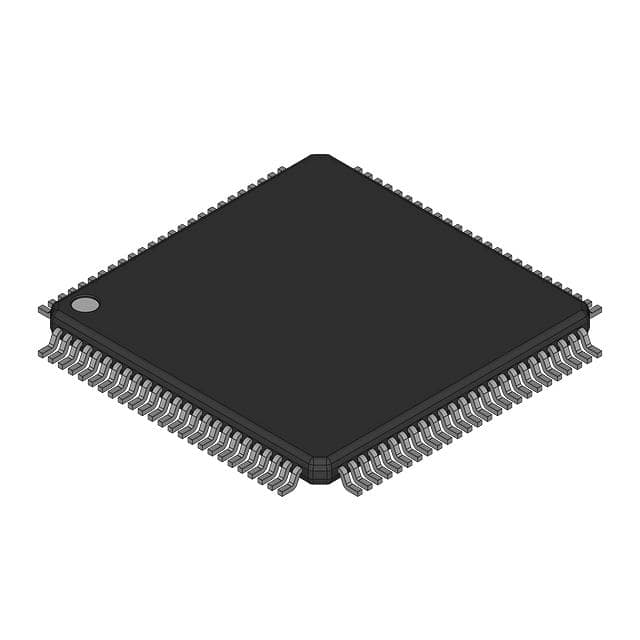 LV71081E-MPB-E
LV71081E-MPB-Eonsemi
-
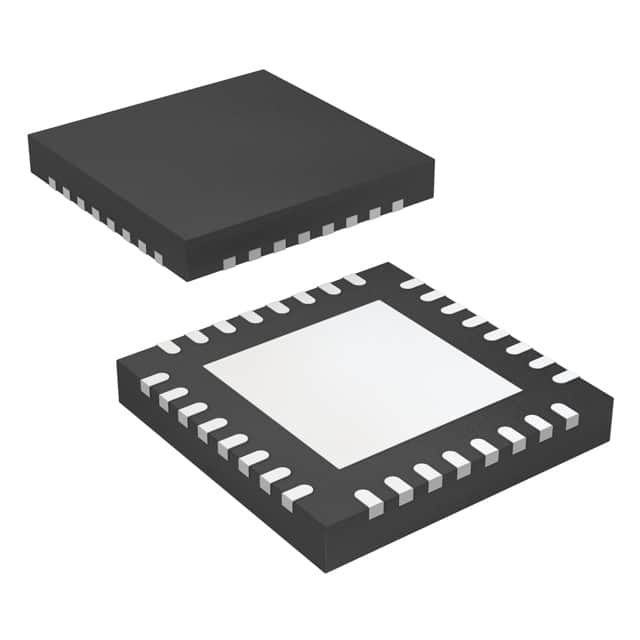 LMK00334RTVRQ1
LMK00334RTVRQ1Texas Instruments
-
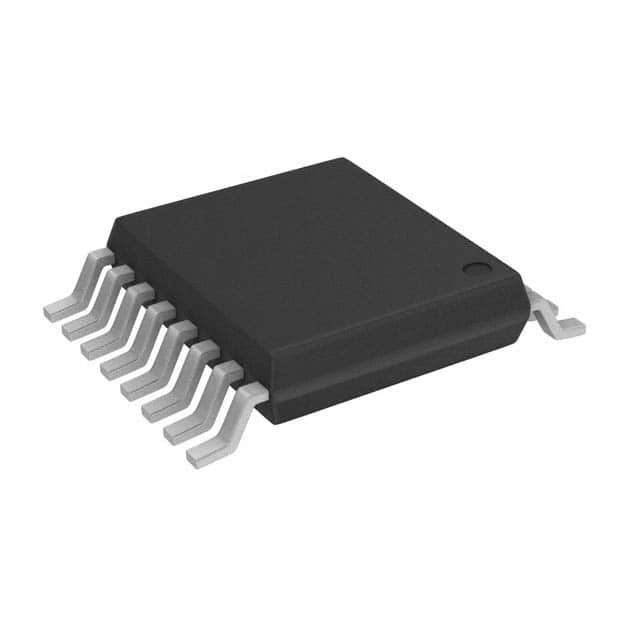 PI6C557-03LEX
PI6C557-03LEXDiodes Incorporated
-
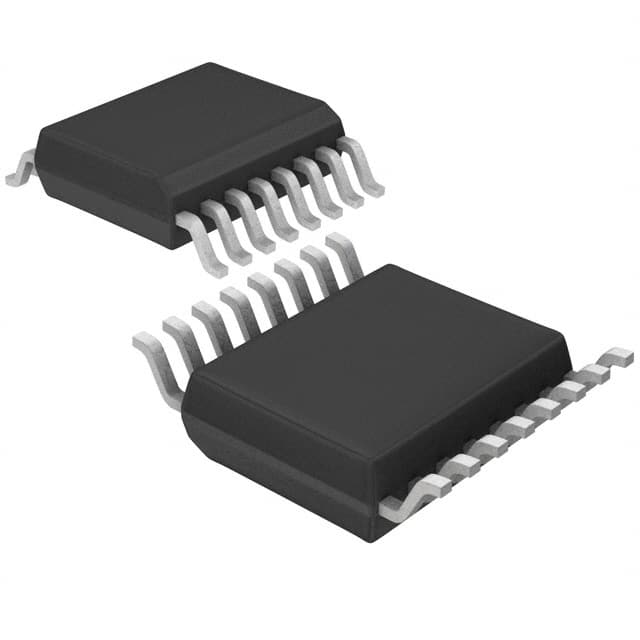 PCM1753DBQR
PCM1753DBQRTexas Instruments
-
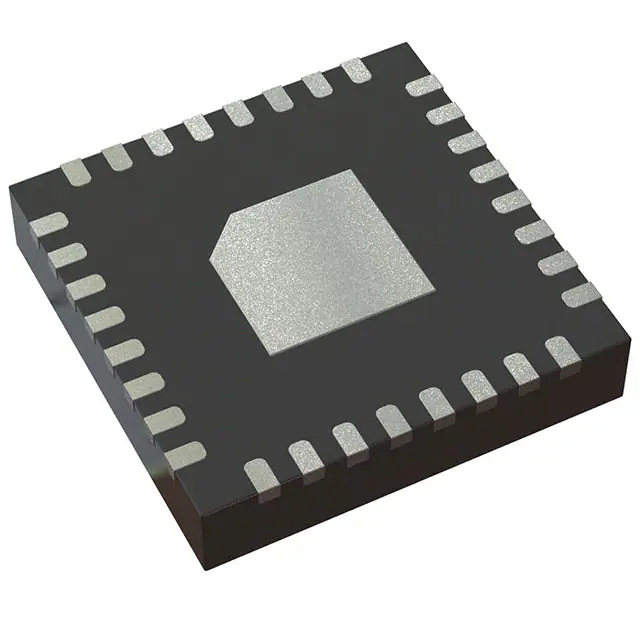 ADS1204IRHBT
ADS1204IRHBTTexas Instruments
-
 MCP4018T-104E/LT
MCP4018T-104E/LTMicrochip Technology
-
 T4F49C2
T4F49C2Efinix, Inc.
-
.jpg) A40MX02-PLG44
A40MX02-PLG44Microchip Technology
-
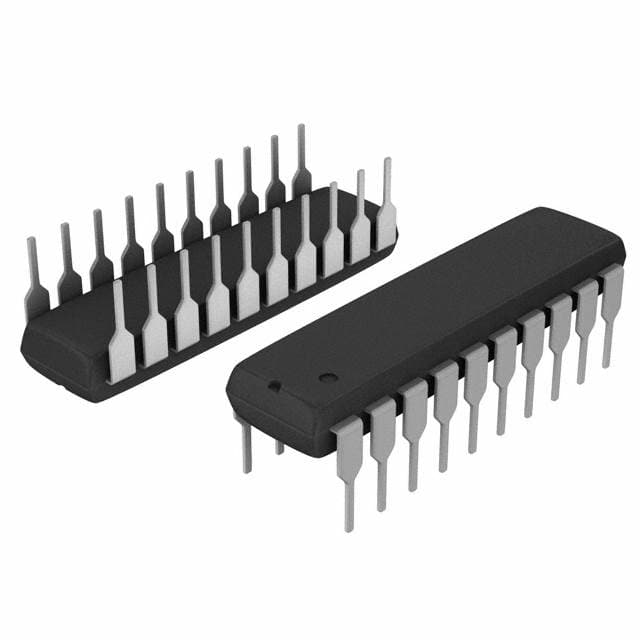 ATF16V8C-7PU
ATF16V8C-7PUMicrochip Technology
-
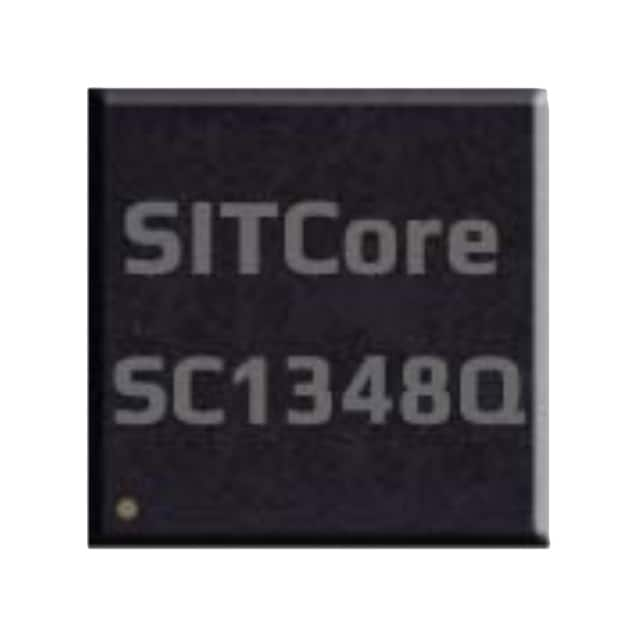 SC-13048Q-A
SC-13048Q-AGHI Electronics, LLC

